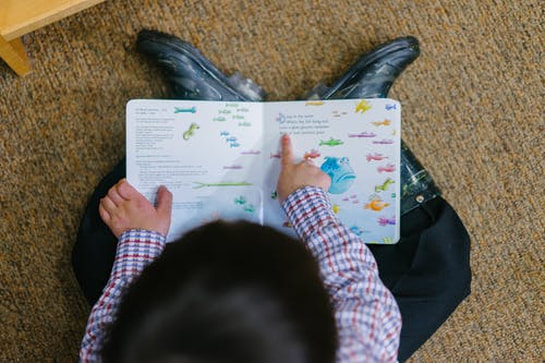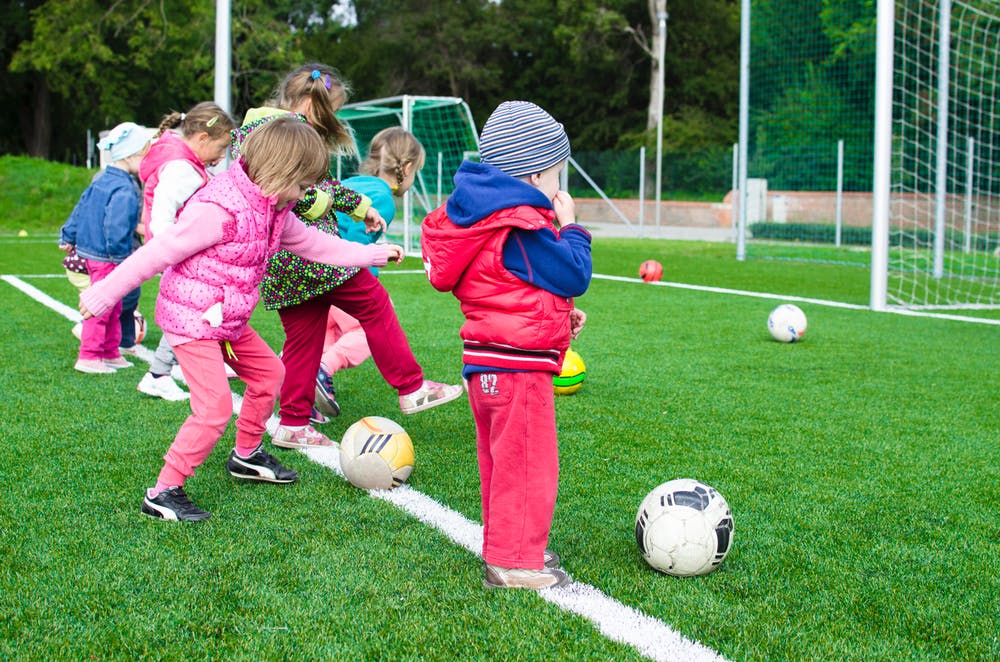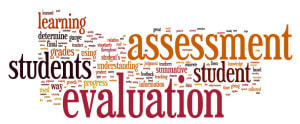Think about EF as the skills that we want our children to begin to develop in different phases of their development. These skills are also referred to as:
- self-regulation
- inhibition of impulses
- performance monitoring
- working memory
- planning/organization
- task initiation.
Looking closer at our children’s EF skills will help us better understand our child’s areas of strength and weakness, which will ultimately help us as parents to better be able to effectively communicate and advocate for our children in school. In the book, Smart but Scattered, Dr. Peg Dawson and Dr. Richard Guare beautifully outline 11 sub-skills of executive functioning:
Response Inhibition
the ability to think before we act.
Working Memory
the ability to hold information in memory while performing complex tasks. It incorporates the ability to draw on past learning or experience to apply to the situation at hand or to project into the future.
Emotional Control
the ability to manage emotions in order to achieve goals and complete tasks.
Flexibility
the capacity to revise plans in the face of obstacles, setbacks, new information or mistakes. It relates to adaptability to changing conditions.
Sustained Attention
the capacity to maintain attention to a situation or a task in spite of distractibility, fatigue, or boredom.
Task Initiation
the ability to begin projects without undue procrastination, in an efficient or timely fashion.
Planning/Prioritization
the ability to create a roadmap to reach a goal or to complete a task. It also involves being able to make decisions about what’s important to focus on and what’s not important.
Organization
the ability to create and maintain systems to keep track of information or materials.
Time Management
the capacity to estimate how much time one has, how to allocate it, and how to stay within time limits and deadlines.
Goal‐directed persistence
the capacity to have a goal, follow through to the completion of the goal and not be put off or distracted by competing interests.
Metacognition
the ability to stand back and take a birds‐eye view of oneself in a situation. It is an ability to observe how you problem solve. It also includes self-monitoring and self‐evaluative skills. This is a higher-level skill that we try to build with our teens and young adults.
Stress Tolerance
the ability to thrive in stressful situations and to cope with uncertainty, change, and performance demands.
Let’s be very clear – children are not born with these skills, nor do they develop as part of regular growth and maturation. These skills are learned and develop with practice.
As their parents and teachers, we can set the framework to help build these skills by setting routines, breaking big tasks into smaller, attainable chunks, and creating activities to improve impulse control and emotional regulation.
Children with delayed executive skills may display challenging behaviors and parents may find themselves in a reactive pattern. Executive functioning coaching can help families better understand their child’s unique profile as well as develop a plan to strengthen these capacities in order to build self -esteem and raise independent thinkers capable of regulating their emotions and reaching their fullest potential across environments.
Dawson, P., & Guare, R. (2009). Smart but scattered: The revolutionary “executive skills” approach to helping kids reach their potential. New York: Guilford Press.
Image from: Pexels










